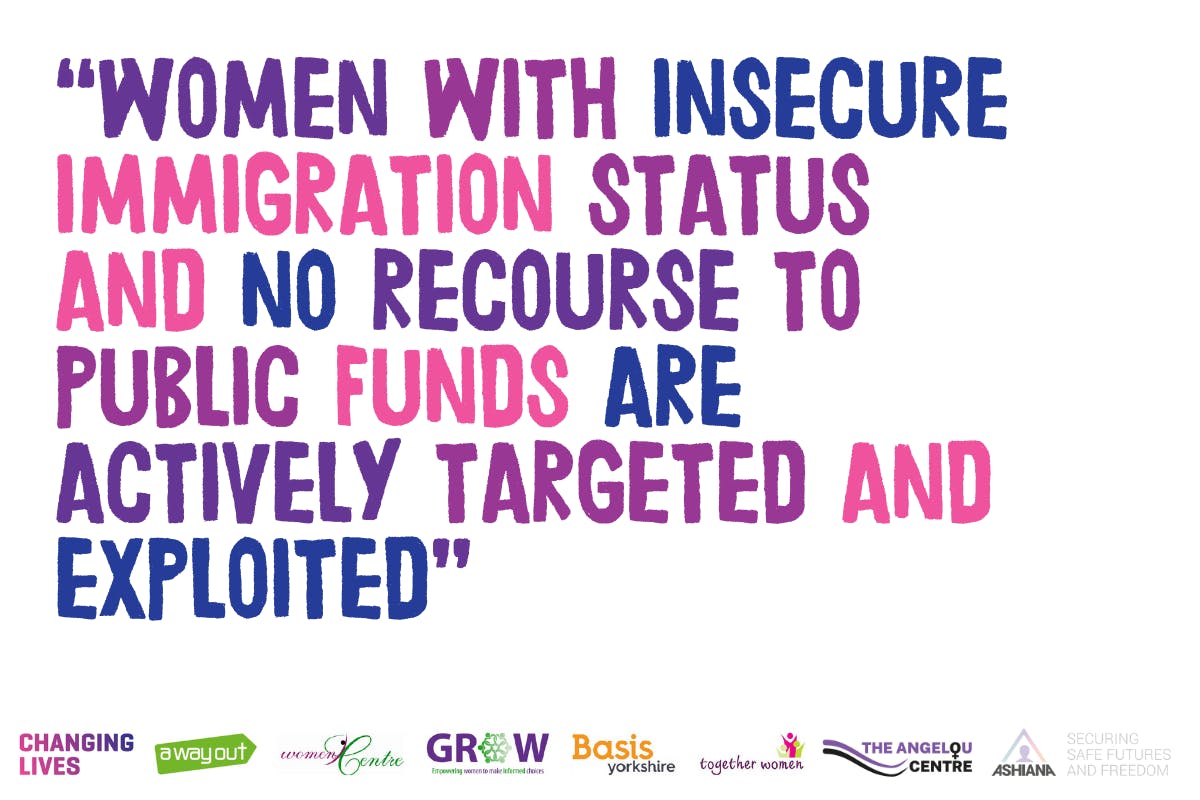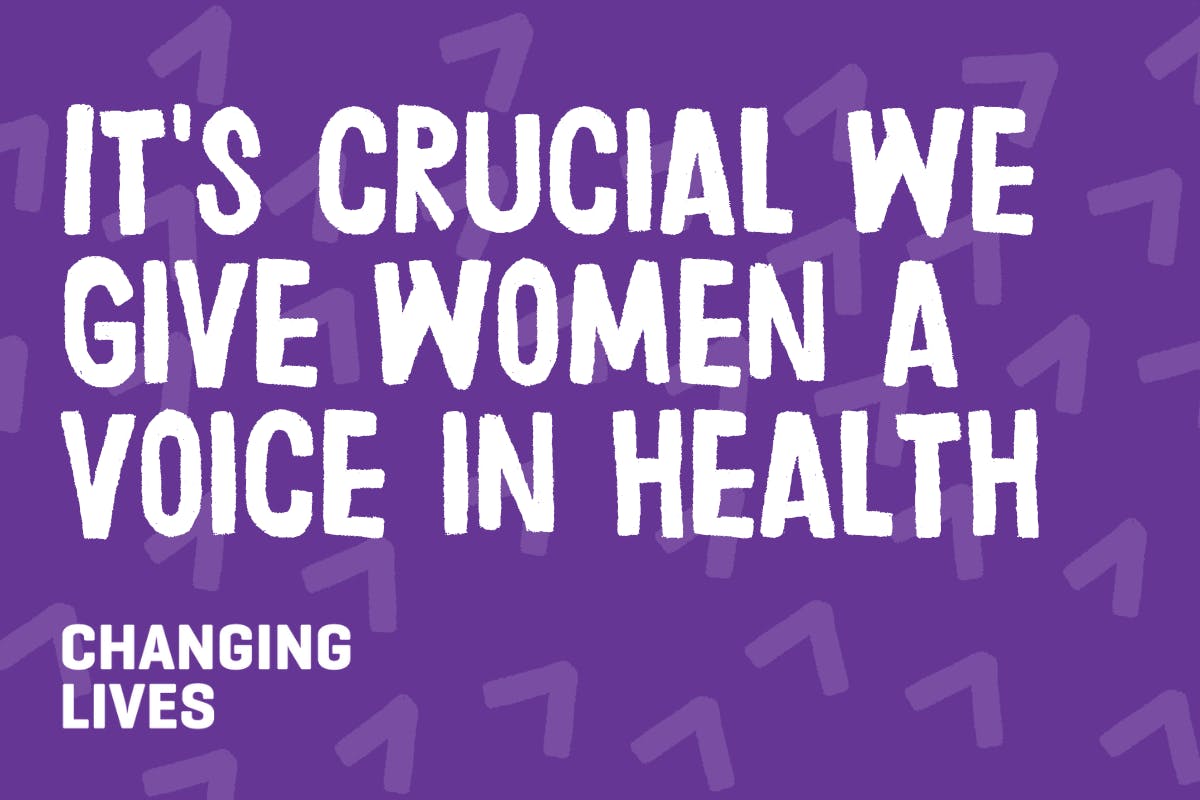In the latest blog from STAGE, the team break down the additional challenges and exclusion from services that black, minoritised and migrant women face, releasing a new briefing which sheds light on the system racism and lack of cultural competence across multiple sectors.
If I say the words ‘sexual exploitation’, what do you think of? Women trafficked from overseas? Something that only happens to children? Not really sure what it is at all?
Sexual exploitation of adults is a form of sexual abuse that is poorly understood. When people hear ‘sexual exploitation’ they often only think of child sexual exploitation, despite the fact that this form of abuse can and does happen to adults as well.
The lack of understanding of what sexual exploitation is and how it presents in adults means that women whose vulnerabilities have been exploited for the advantage of others are still often described as ‘prostitutes’ or ‘making poor choices’, rather than people who have been subjected to horrific forms of sexual abuse. They face systemic barriers to justice, health, housing and other basic needs, rather than being treated as a priority for support and protection.
Black, minoritised and migrant women who have experienced sexual exploitation face additional challenges and exclusion from services, as highlighted in the latest briefing published by the STAGE partnership.
The STAGE partnership, supported by the National Lottery Community Fund, brings together charities Changing Lives, The Angelou Centre, Ashiana, GROW, A Way Out, Together Women, Basis Yorkshire and WomenCentre to provide trauma-informed support for women who have been groomed for sexual exploitation across the North East and Yorkshire.
Our latest briefing sheds light on systemic racism and lack of cultural competence across various sectors. Women with insecure immigration status and those with no recourse to public funds are particularly vulnerable to exploitation and face the greatest barriers to a life free from exploitation where they can recover from their trauma.
Our findings include:
- The rising cost of living is putting women at greater risk of exploitation and makes it harder to leave exploitative situations. Women with insecure immigration status are unable to achieve independence through work without risking losing their legal aid and the rising cost of Islamic divorce is preventing many women from escaping exploitation within marriage.
- Intimate image abuse is used as a method to control and threaten women, often taking advantage of cultural values such as threatening to share photos of women without their hijab or niqab. These types of intimate image abuse that are not inherently sexual are not prohibited by law, leaving women without adequate protection.
- ‘By and for’ services can be immensely valuable due to their deep level of understanding and cultural competency, but there are also challenges associated with the location of services within communities, the fear of information being passed to women’s families or communities, and access to interpreters.
- Women with insecure immigration status and no recourse to public funds are actively targeted and exploited, with perpetrators using the threat of deportation to maintain control. Fear of deportation and previous negative experiences with the police both have a detrimental effect on women’s confidence to disclose their abuse.
“But I’m in England. In England they should be helping me. You know, this is what I expect in England, that I wouldn’t be treated like this, that people would be there to support me and they’re just not.”
Women have gone unheard, unprotected and unsupported for too long. We urge decisionmakers at a local and national level to consider the findings and recommendations in this briefing and to take urgent action to end this horrendous form of abuse and to ensure that those who have been exploited are able to move on and recover from their experience.
The full report is available to read here.
Find all briefings from the STAGE partnership here.






